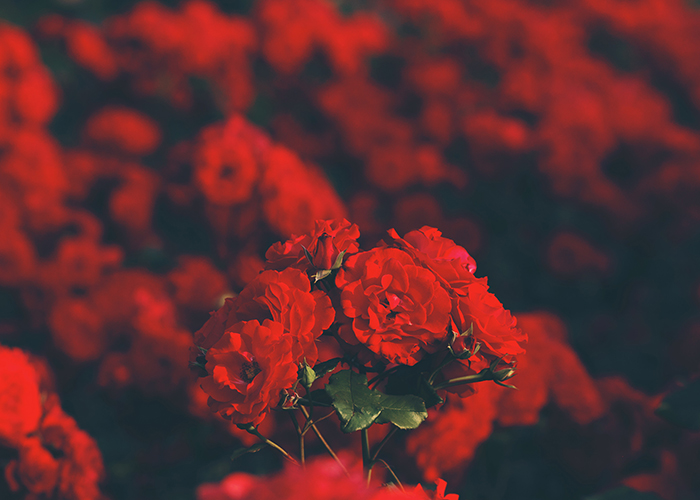
Skin Concern: Redness
Hot and bothered by skin redness? Redness is usually a signal of inflammation. This isn’t the flushed, blushed, or even sunburned kind of redness (but ouch, sunburns are no fun) but a more persistent type of redness you’ve developed on your face. Maybe you’ve had it for awhile or a short time but it’s noticeable and annoying. There are various types of redness concerns that you might consider but here are the most common causes of redness.
Sensitive Skin
Your skin may be reactive to certain temperatures, ingredients, or materials and these sensitivities usually cause your skin to turn red. Either as a rash, rosacea, or eczema. Sensitive skin can be triggered by stress, alcohol, sun exposure, spicy foods, or low quality skin products with irritants.
Rosacea
Rosacea is like a blush that never seems to go away. Rosacea can look like small red pimples, fine vascular lines, or red bulbous nose. Rosacea is caused by heat or sun exposure, diet (like spicy foods or alcohol), bacteria, or sensitivity to facial products.
In order to prevent rosacea, monitor triggers and avoid them.
Eczema
Dry, itchy, scaley patches are marks of eczema. Eczema starts out as dry red or brown patches in skin folds or on neck, hands, and feet usually caused by either genetic or environmental factors. While there is no cure for eczema there are ways to manage and reduce symptoms. Monitoring triggering factors and wearing breathable materials, regular moisturizing, and avoiding rubbing the skin helps.
Acne
Acne is fairly common, clusters of clogged pores and blemishes which can become raised and red. A dermatologist may have to treat acne with a specific medication. With acneIt’s important not to use abrasive or aggravating products like harsh chemicals or exfoliants.
Seborrheic Dermatitis
Flaky red patches on the skin chest, belly, and skin folds. Commonly occurs on those with oily skin and often genetic predisposed to have it. Areas may flare up due to stress, a yeast condition, and cold dry weather. Gentle cleansers or those with sulfur help and developing good skincare habits help manage the condition.
Usually if symptoms are serious or painful and persist beyond two weeks, the condition may require a dermatologist. No matter you redness skin condition, all Soon Masks are gentle and hydrating and ideal for all skin types, even the most sensitive and inflamed. Soon’s products are formulated with premium ingredients and without parabens, sulfates, and phthalates.
